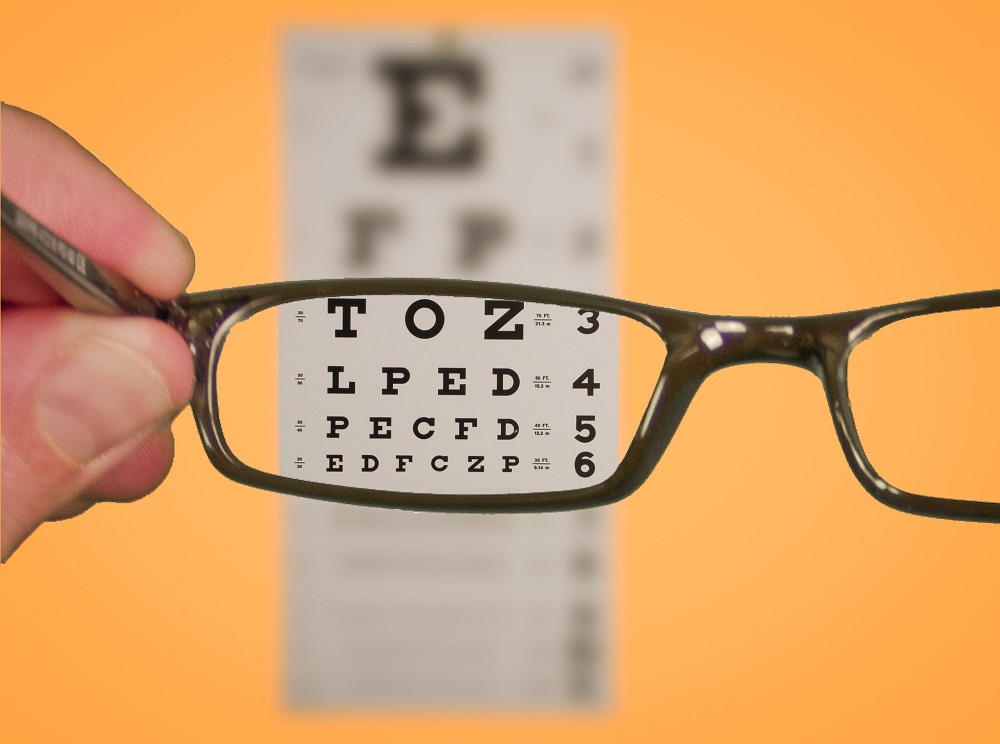
Kodiak Sciences aims to offer patients an eye drug with a dosing edge over a blockbuster medicine from Regeneron Pharmaceuticals. Preliminary data from a key clinical trial in wet age-related macular degeneration raise questions about whether the Kodiak drug can achieve the goal.

Behavioral Health, Interoperability and eConsent: Meeting the Demands of CMS Final Rule Compliance
In a webinar on April 16 at 1pm ET, Aneesh Chopra will moderate a discussion with executives from DocuSign, Velatura, and behavioral health providers on eConsent, health information exchange and compliance with the CMS Final Rule on interoperability.
The value proposition of Kodiak’s drug, KSI-301, is that patients taking it should need less frequent injections into the eye compared to Regeneron’s Eylea, administered every two months. But according to a vision test (letters read on an eye chart), KSI-301 did not meet the study’s main goal of showing what’s called non-inferiority—an effect that is roughly the same as the comparator treatment. The Palo Alto, California-based company on Wednesday attributed this failure to the results in “a minority of patients.”
In the wet form of AMD, blood vessels leak blood or fluid into the part of the retina called the macula. It’s currently treated with drugs that block vascular endothelial growth factor (VEGF), a protein that sparks the blood vessel growth that leads to this disease. Regeneron’s Eylea is an anti-VEGF drug. Kodiak’s drug is an antibody designed to block VEGF. It comes from a technology, the Antibody Biopolymer Conjugate (ABC) Platform, that extends how long drug levels last in eye tissues, which in turn extends dosing intervals.
In the Phase 2b/3 test of KSI-301, patients in the Kodiak drug arm were started with monthly doses for three months. After that, they were split into subgroups, treated according to dosing schedules of three, four, or five months. The design of the study did not permit more frequent dosing. For the data analysis, the subgroups were pooled together and compared against the Eylea group. Kodiak attributes the trial failure to the results of some patients in the three-month interval subgroup. For some of the participants in this subgroup, this dosing interval was insufficient to sustain vision improvement, and vision actually deteriorated, the company said in an investor presentation.
The Kodiak drug was safe and well tolerated by patients. No cases of eye inflammation or blockages of blood circulation were reported. Despite the Phase 2b/3 failure in wet AMD, Kodiak is continuing with tests of its drug. In a separate Phase 3 study in wet AMD, patients are receiving monthly doses of KSI-301—a more frequent dosing schedule than Eylea. The drug is also being evaluated in clinical trials underway in retinal vein occlusion (dosing every two months) and diabetic macular edema (dosing as frequently as every two months).

A Deep-dive Into Specialty Pharma
A specialty drug is a class of prescription medications used to treat complex, chronic or rare medical conditions. Although this classification was originally intended to define the treatment of rare, also termed “orphan” diseases, affecting fewer than 200,000 people in the US, more recently, specialty drugs have emerged as the cornerstone of treatment for chronic and complex diseases such as cancer, autoimmune conditions, diabetes, hepatitis C, and HIV/AIDS.
“Allowing treatment with KSI-301 no more often than every 12 weeks after the loading phase for every patient turned out to be insufficient,” Kodiak CEO Victor Perlroth said in a prepared statement. “Nonetheless, we believe the results demonstrate a clear anti-VEGF effect, strong durability and a reassuring safety profile. We think that these data continue to support the potential of our ABC Platform to significantly extend treatment intervals in retinal disorders in a safe and convenient manner.”
Investors took a dimmer view of the results. Shares of the company sank more than 80% on Wednesday.
Photo by Flickr user Ken Teegardin via a Creative Commons license












